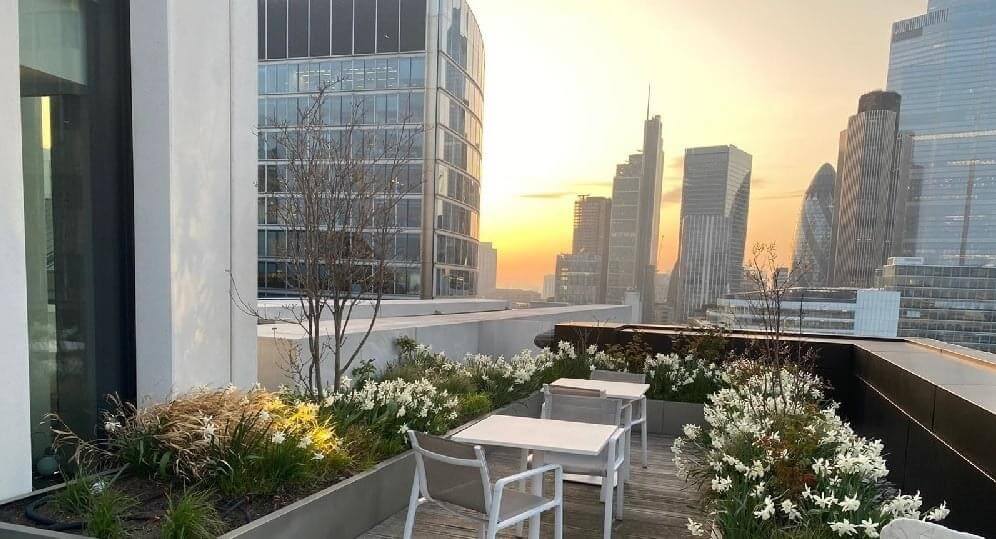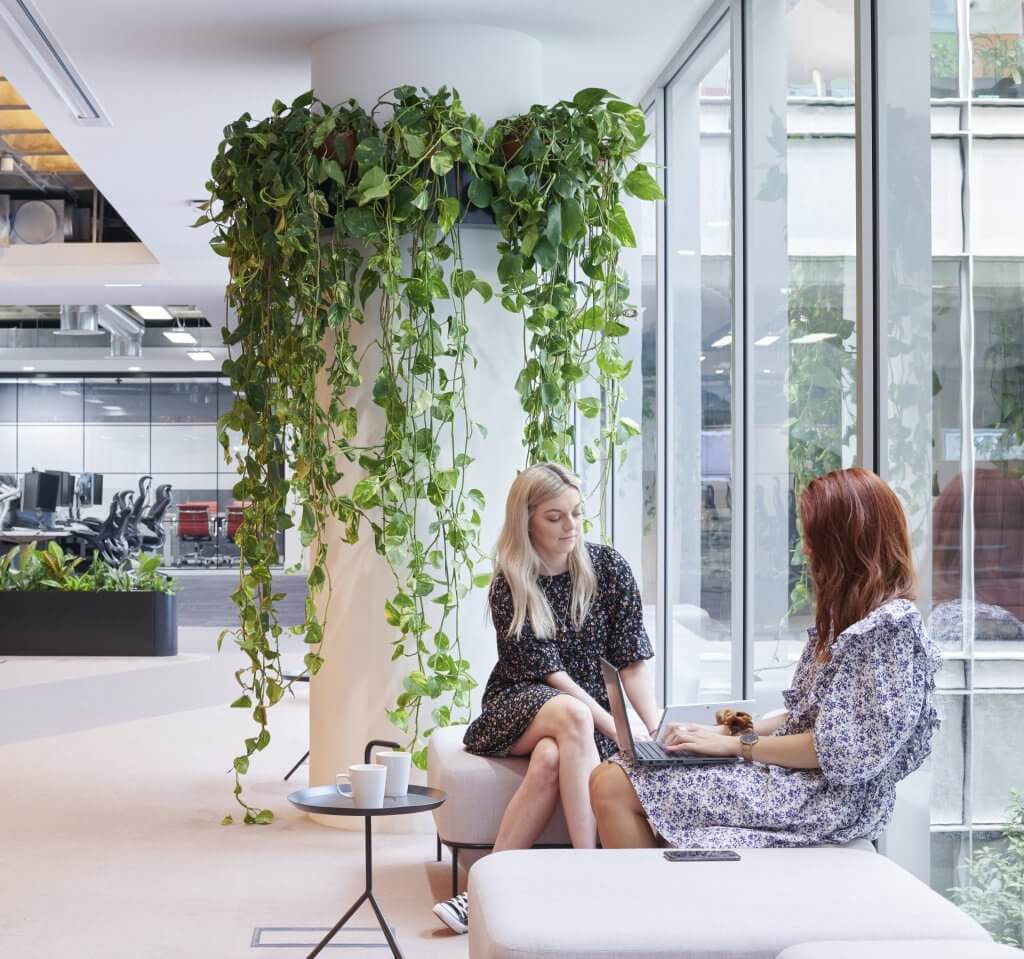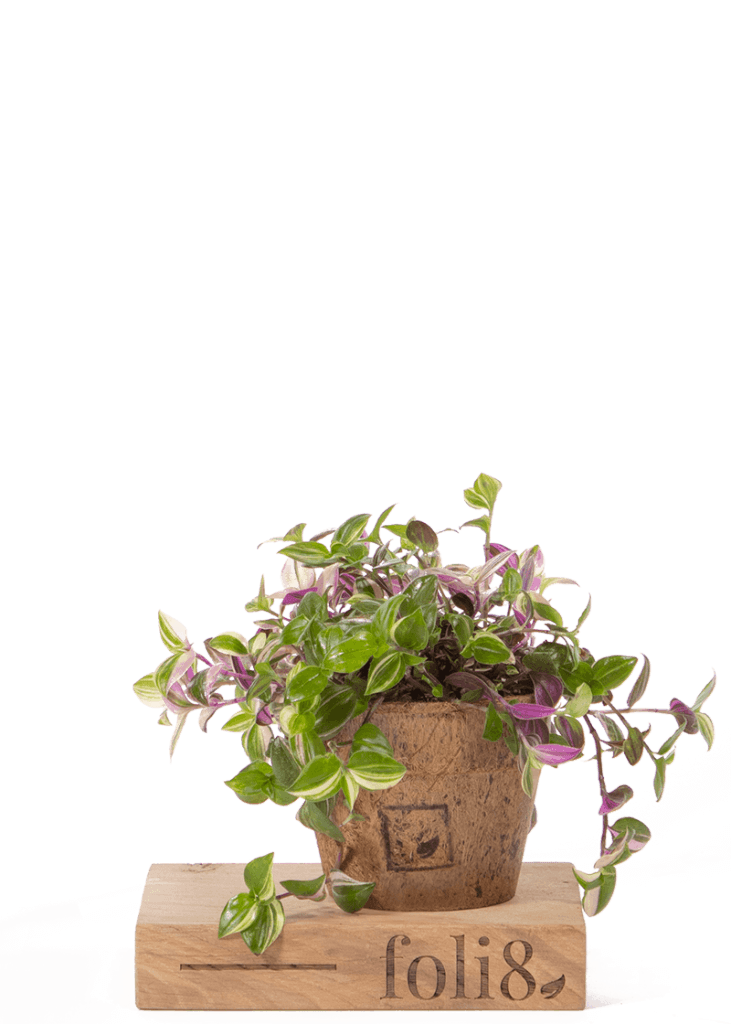The pandemic has heightened environmental awareness. As COVID-19 swept through all our lives and made huge changes to the way we have had to live, this has given us time for introspection and reflection on the fragility of our planet and our core values. What is important to us? That is the question that we have asked ourselves. The answer? Looking after our physical and mental health as well as the planet that we live on.
In an article published in June 2019, the Guardian wrote that Briton’s are more worried about the climate crisis than the economy, crime, or any other issues.
Sustainability, biodiversity, and wellbeing issues are complex interconnected subjects. Everything we do and how we live impacts the planet, our health, and our wellbeing. It’s very clear that we need to make better choices and decisions to improve our situation in all these areas, it requires a holistic approach.
The mental health foundation, who chose nature as their theme for Mental Health Awareness week this year, published the results from recent research which shows that one of our top coping strategies during lockdown was to go for walks outside and that 45% of us reported that being in green spaces had been vital for our mental health. Another example of our yearning for nature to help us cope during this period was that websites showing footage from Webcams of wildlife saw hits increased by over 2000%.
It is no wonder then that sustainability, biodiversity, and other green issues are at the top of the agenda for most people. Organisations understand the importance of this and of their own corporate social responsibility to ingrain this into their values. It is wonderful to see that most leading organisations now have appointed a Head of Sustainability role. This is a senior leadership position that takes an overarching responsibility for ensuring that sustainability and corporate social responsibility are considered in all areas of operations within the business.
Over the past year, the majority of us have had our lives turned upside down. Working from home, schooling from home, cut off from physical contact with friends and family. With everything from holidays to weddings cancelled, we had a lot more time on our hands. As well as giving us time and space to think about the important things, we have proved that it is possible to work and learn from home, spend more time in nature and in relative comfort, less time commuting, and have less impact on the planet as a result. We now have the opportunity to reassess, re-evaluate and build back in a better way, that suits us as individuals. The most innovative and successful companies are adapting to this by offering their staff a hybrid model and flexibility to support their work life balance.
How can we create a better future? This is the question, and it is also the opportunity, that is being facilitated by designers, architects, and leaders in the property management sector.
“The future will belong to the nature smart – those individuals, families, businesses and political leaders who develop a deeper understanding of the transformative power of the natural world and who balance the virtual with the real”. Richard Louv – ‘The Nature Principle’.
The co-working sector, in particular, looks set for a boom as they specifically offer flexibility and attractive collaborative working spaces. Innovative companies like our client Fora Space feature impressive, biophilic-design led spaces, linked to nature, and are leading from the front in this sector.
The importance of good design linking us to nature is better understood now, especially since we have spent the past year being able to access our gardens and local parks more frequently. The truth is that in this country we spend more than 90% of our time indoors and we have changeable unreliable weather. So, we have a real need to bring nature inside if we are to benefit from it year-round, and as we make the transition back to working from an office. Working in spaces that feel more natural and include planting gives us the boost that we yearn for. In turn, it also boosts our health and well-being, helping us to cope with stressful situations.
We can, and should make better use of outside spaces to create gardens and pocket parks in cities. This will increase the amount of greenery, and by selecting plants that attract nature and provide a natural habitat for wildlife, we are supporting biodiversity. We need to maximise opportunities here, joining up the green spaces between London’s parks, improving the views for the local community, and improving the environment. Planting additional trees wherever that is possible, helps absorb carbon, provides shade cover, and produces additional oxygen, cleaning the air. Every small improvement adds up to make a significant difference.
At Planteria we work with a wide variety of clients including property management companies, designers and architects, collaborating on projects that improve the environment and enhance people’s well-being.
As office plant suppliers, we are committed to sustainability ourselves, and an ongoing effort to improving our practices and operations in this area.
We are working to reduce plastics from our supply chain; our online plant shop – Foli8, uses coir hair pots instead of plastic. These pots are 100% natural and made from coconut fibres. We are moving to a green company fleet and have just switched over half the fleet to electric vans. At our head office, we keep sheep instead of mowing the lawns! We recycle and we compost all our green waste. We also harvest rainwater as our first choice for watering our plant stocks.
Can we help you achieve your sustainability and corporate social responsibility goals? Please get in touch so we can discuss your ambitions.







